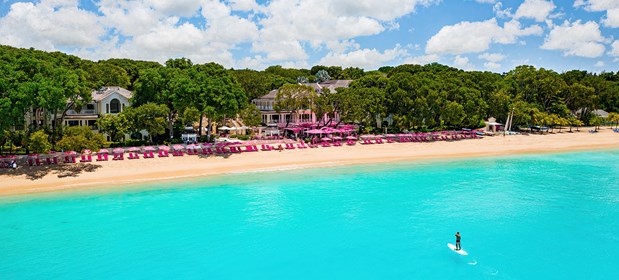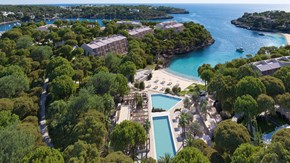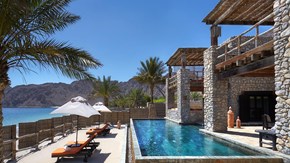
Dark sky tourism is a form of travel focused on experiencing and appreciating the natural night sky, often in areas with minimal light pollution where stargazing and astronomical phenomena can be observed in their full glory.
I first came across the term of Dark Sky Tourism while visiting the Maldives. I had always been known that the Maldives boasts beautiful clear skies, but I had never really considered that Dark Sky Tourism was not only a niche industry, but a thriving one. The Maldives has emerged as an attractive destination for dark sky tourism, offering a unique blend of pristine beaches, minimal light pollution, and clear skies. The islands’ remote location in the Indian Ocean makes them ideal for stargazing and observing celestial phenomena.
Why the Maldives is Ideal for Dark Sky Tourism:
1. Minimal Light Pollution: Many Maldivian resorts are located on private islands far from urban centres, ensuring almost no artificial light interference
2. Tropical Climate: Clear skies are frequent during the dry season (November to April), providing excellent conditions for stargazing.
3. Unobstructed Horizon: The flat terrain and expansive ocean offer uninterrupted views of the sky, making it easier to spot stars, planets, and the Milky Way.
Dark Sky Tourism Activities in the Maldives:
1. Stargazing Nights: Many luxury resorts, such as Anantara Kihavah Maldives Villas, offer guided stargazing experiences with telescopes or in-house observatories.
2. Astronomy Cruises: Guests can embark on nighttime boat trips to enjoy the stars away from even the minimal light of the resorts.
3. Bioluminescence and Night Sky: On some islands, the ocean itself glows with bioluminescent plankton, creating a magical combination of glowing waters and starry skies.
4. Astrophotography: The Maldives’ clear skies and lack of pollution make it a fantastic location for capturing the Milky Way, constellations, and meteor showers.

Resorts Known for Dark Sky Tourism:
• Anantara Kihavah Maldives Villas: Features a Sky Observatory, which combines fine dining with telescope-aided stargazing led by in-house astronomers.
• Soneva Jani and Soneva Fushi: Known for their eco-friendly approach and star-lit outdoor cinemas, some villas come equipped with telescopes for private stargazing.
Best Time for Stargazing in the Maldives:
• Dry Season (November to April): Minimal clouds and rain make this the best time to visit for a clear view of the stars.
• Meteor Showers: Events like the Perseids (August) or Geminids (December) can be particularly spectacular in the Maldivian skies.
Dark sky tourism in the Maldives is not just about stars—it combines the serenity of luxurious island living with a profound connection to the cosmos, offering a tranquil yet awe-inspiring experience.











